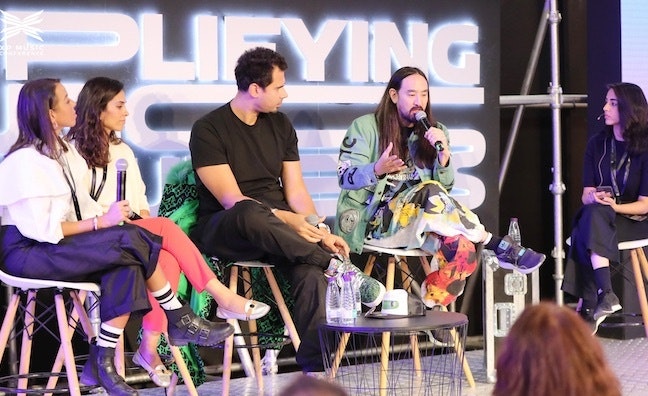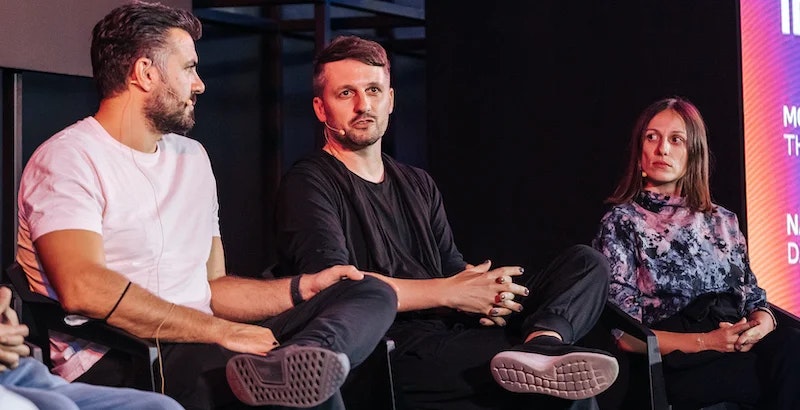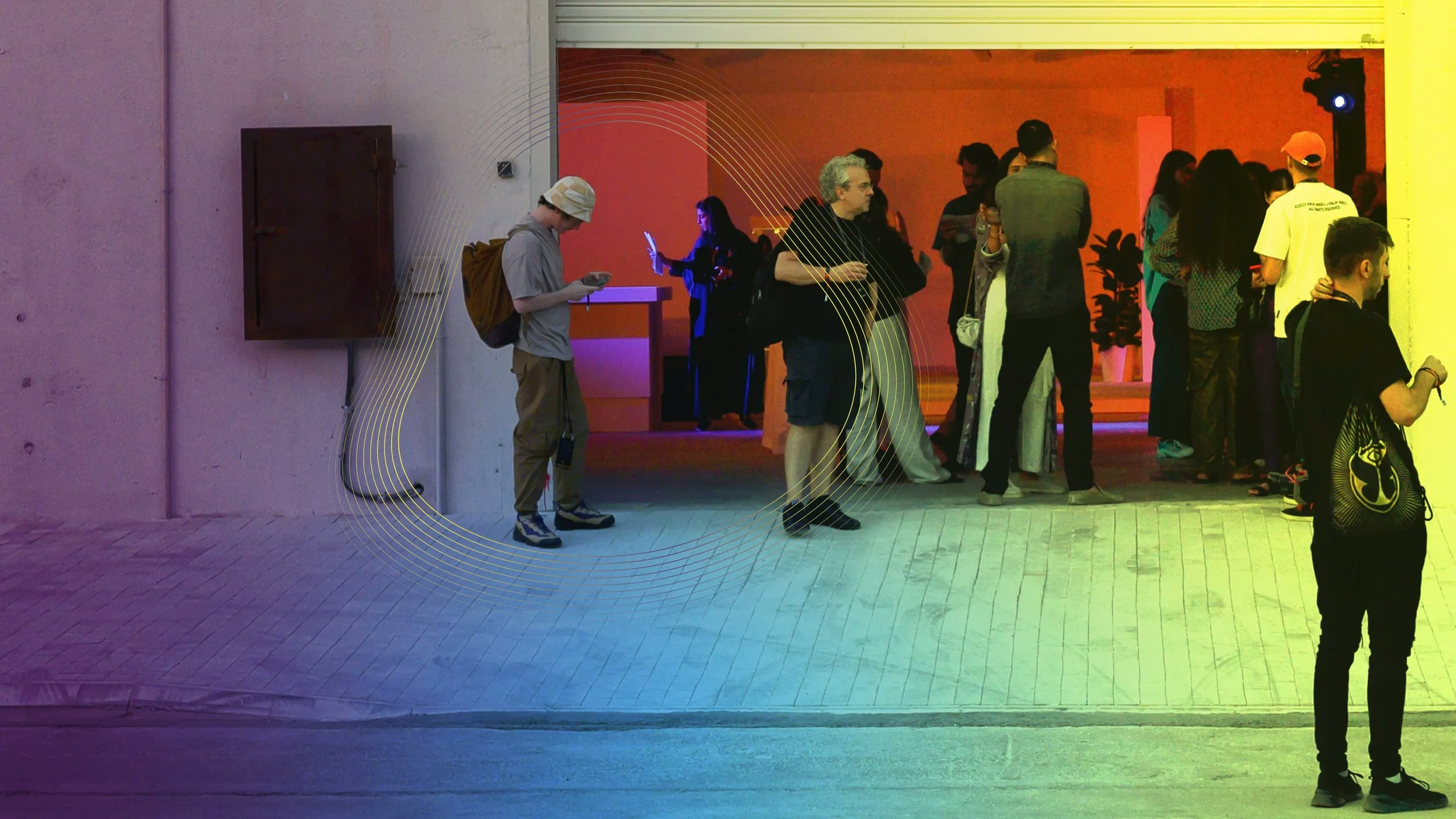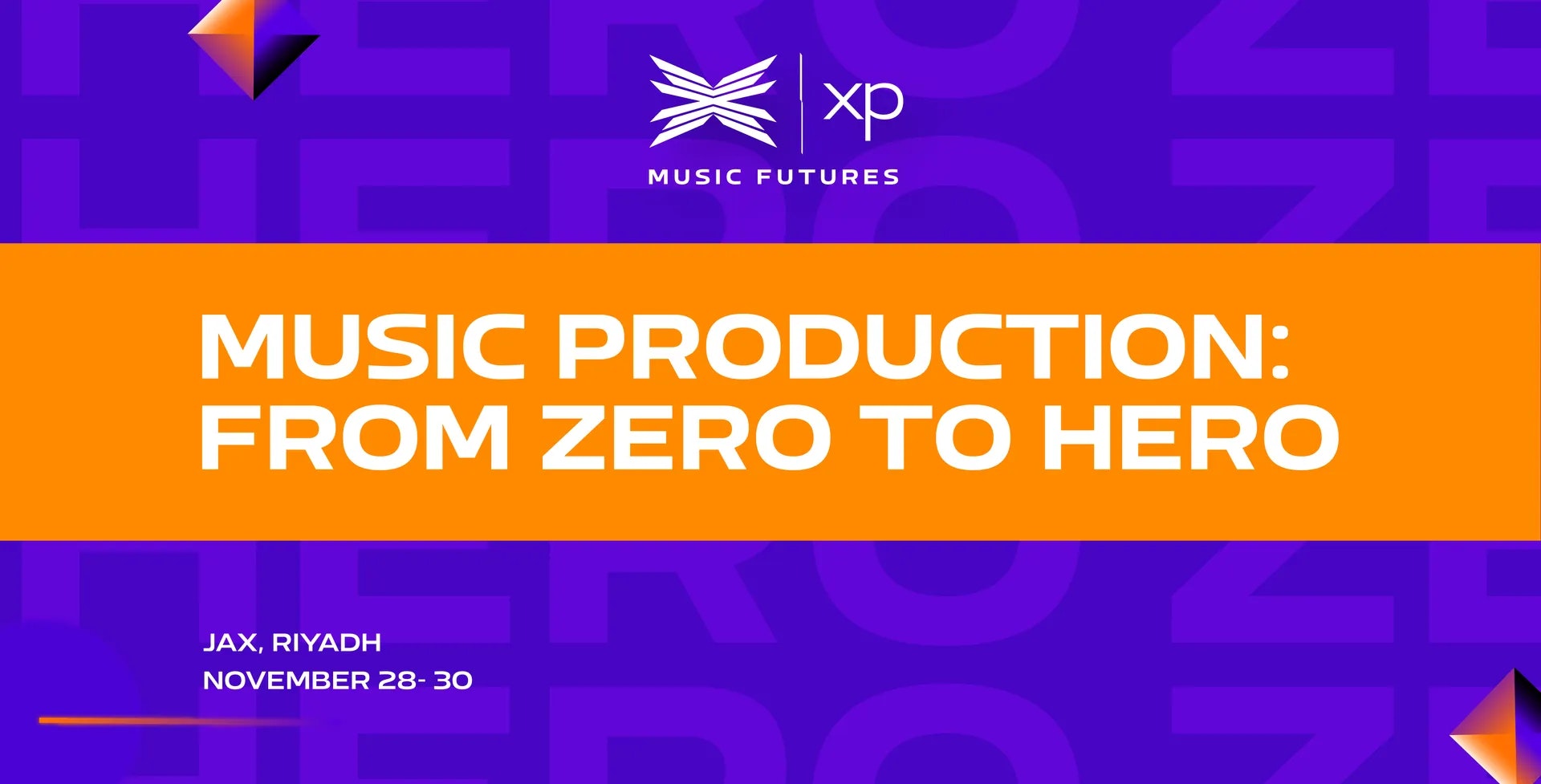
Soundstorm 2023 tickets

Forget peak Netflix, this is the attention recession!
By 東海林賢蔵
April 27 2022
Forget peak Netflix, this is the attention recession!
By 東海林賢蔵
April 27 2022
LINKS
Internal music industry link:

Read more about us!
Netflix’s Q1 2022 results caused a stir, with subscriber numbers down by 0.2 million from one quarter earlier. Some are calling this ‘peak Netflix’, but this is not a Netflix-specific issue. The decline illustrates that Netflix does not operate in isolation, and is, instead, but one part of the interconnected attention economy – an attention economy that is now entering recession. This is a recession that MIDiA first called back in February 2020, and that the wider marketplace has started to wake up to.
The attention recession – after the boom
When MIDiA made the prediction of ‘the coming attention recession’ over a year ago, we identified that once the world started returning to pre-pandemic behaviours, the Covid-bounce in entertainment time would recede, creating an attention recession. The attention economy had already peaked back in late 2019, which meant that the pandemic and its lockdown attention boom delayed the inevitable negative effects of companies that are competing in a now saturated attention economy. During the lockdown boom, media time went up by 12% and all forms of home entertainment boomed, but as we warned at the time, the effects were temporary, so entertainment companies needed to plan for post-lockdown life.
A return to a smaller and recently constrained, pre-pandemic attention economy was always going to be painful. We termed this contraction a recession because we knew there would be clear economic aftershocks. Not least because the impact has been unevenly felt. As the first signs of contraction showed, not all sectors were impacted evenly. Pandemic boom sectors, like audiobooks and podcasts, saw larger chunks of their newly-found consumption time disappear. Music clawed back some of its lost share. Video (Netflix included) fell, but social and social video buckled the trend entirely, not simply clawing back some lost share, but actually growing throughout the entire pandemic period to end it with more hours than when it entered it. The arithmetic is simple: total attention hours are falling, social is growing hours, therefore, the remainder of the attention economy collectively experiences a double whammy of decline of time and money.
The wider economy is beginning to bite too
But, unfortunately, there is more. Since MIDiA made the case for an attention recession, the global geo-political and economic situations have changed – to put it mildly. Inflation was already spiking before Russia invaded Ukraine, and the war’s impact on grain and energy supplies will only accelerate inflation even further. Put simply, consumers will feel growing pressure, with wages racing to keep up with price rises. Discretionary entertainment spend will be one of the earliest victims. Video subscriptions inadvertently made themselves an easy target. The sheer volume of choice and competition, combined with rolling monthly subscriptions, make it all too easy to drop one subscription without seriously denting your overall video experience. But while streaming services now face a potential savvy switcher cataclysm, traditional pay-TV companies have their subscribers locked into legally binding, long-term contracts. It usually costs consumers MORE money to cancel contracts, defeating the purpose of trying to reduce spend. Consequently, we may even see the cord cutting / SVOD growth dynamic invert for a while.
Back in 2020, when we first started writing about the potential impact that an economic recession would have on entertainment, we identified that 22% of consumers would cancel one or more video subscriptions, and that 22% would downgrade from paid to free on music. Netflix’s earnings are the first signs of this consumer intent manifesting. Other subscription video on demand (SVOD) services should not consider themselves immune. Even if the economy was to stabilise tomorrow, the long-term outlook for SVOD will most likely be defined by savvy switchers continually hopping across services to watch the shows they want. SVOD subscribers had found themselves thinking the new boss looked pretty much like the old boss, having to subscribe to so many services that their SVOD spend ended up looking a lot like those old pay-TV bills. In a recession, consumers will need SVOD to deliver on the price benefit more than ever before.
When price increase can be hindrance, not a help
A lot has been made of how great a job Netflix has done in increasing its prices while streaming music has not – heck, even I did it. Increasing prices above the rate of inflation may a) reflect Netflix’s actual market worth, and b) help drive revenue growth, but it makes Netflix exposed in a hyper-competitive SVOD market that is entering an attention recession and, potentially, an economic recession.
Circumstances may well look very different for music. Firstly, the vast majority of music subscribers only have one subscription, so if you cancel, you lose all the benefits of a paid account, not just a slice of choice. Secondly, music subscriptions have reduced in real terms because they have not kept track with inflation. In fact, prices have hardly moved at all in 20 years. While this has long been seen as a problem, in the current circumstances, it might be an asset. Music subscriptions represent good value for money, and with inflation pushing upwards, they will represent even better value for money as every month passes. Perhaps now is not the best time for music price increases.
Reasons, not ways, to spend attention
So, with all this doom and gloom, how can entertainment companies survive – perhaps even thrive? Long term, annual billing for digital subscriptions is a logical step, but for those who do not have them, now is not the best time to try to commit to large payments, unless there is some serious discounting in place. Multi-format bundles, like Apple One and Amazon Prime, will also be well placed. Ad supported services will also do well. But it will take more than clever billing and bundling. It will require a fundamental reassessment of the relationship with the audience.
One of the key calls MIDiA made in our 2022 predictions report was the new need for reasons, not ways, to spend attention in the attention recession:
“[Entertainment companies] will not only lose time, but end up lower than pre-pandemic levels. With such fierce demands on their time, audiences will need to be given reasons, not ways, to spend their attention.”
This might also be the moment for the next generation of emerging tech majors like Byte Dance and Tencent who’s businesses have a strong focus on ad supported and monetizing fandom rather than the commodified model of monetizing consumption. As Facebook’s declining user numbers showed, even in the booming social sector, a realignment of the marketplace is happening.
In the attention recession, entertainment companies need to start appreciating that consumer attention is a scarce resource, not an abundant one – a resource that must be won, not claimed. Those who do not will be the most vulnerable to the vagaries of the attention recession.
Share this





